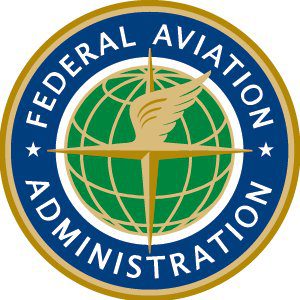Both the House and Senate authorizing committees have new bills to consider that would reauthorize the Federal Aviation Administration and retain many current programs including the Essential Air Service program that subsidizes commercial air travel for smaller, rural airports.
That means they could mark up legislation in committee before Congress breaks for a July recess, so that the full chambers would be positioned to vote on bills and perhaps negotiate any differences before current FAA authority expires Sept. 30.
As expected, House Transportation and Infrastructure Chairman Bill Shuster, R-Pa., introduced a revised version of a bill that would also spin off the FAA’s air traffic control operations and put it under a nonprofit company, something President Trump has also proposed.
His six-year authorization measure is co-sponsored by Aviation Subcommittee Chairman Frank LoBiondo, R-N.J., Sam Graves, R-Mo., Aviation Subcommittee Vice Chair Paul Mitchell, R-Mich., Colleen Hanabus, D-Hawaii, and Kyrsten Sinema, D-Ariz.
In the Senate Commerce, Science and Transportation, Chairman John Thune, R-S.D., and ranking member Bill Nelson, D-Fla., introduced a four-year FAA bill that maintains all its programs, along with the Aviation Subcommittee chairman and ranking member, Roy Blunt, R-Mo., and Maria Cantwell, D-Ore.
Both committee bills would streamline the application process for airports’ passenger facility charges that help fund capital investments, but neither would lift a federal cap on how much of a facility charge airports could assess.
Shayne Gill, program director for multimodal transportation at the American Association of State Highway and Transportation Officials, told the AASHTO Journal that state departments of transportation have a vested interest in various aspects of the FAA reauthorization.
The states play a key role in overseeing general aviation airports, he said, and provide state funding in addition to federal funding for infrastructure projects at small airports. In addition, up to 10 states have been designated as block grant states and administer federal funding to airports across their states. And several states directly own commercial airports and manage them through their DOTs.
Gill said many state DOTs also have a strong interest in the continuation of the Essential Air Service program that provides access to many communities that would otherwise not have airline service.

